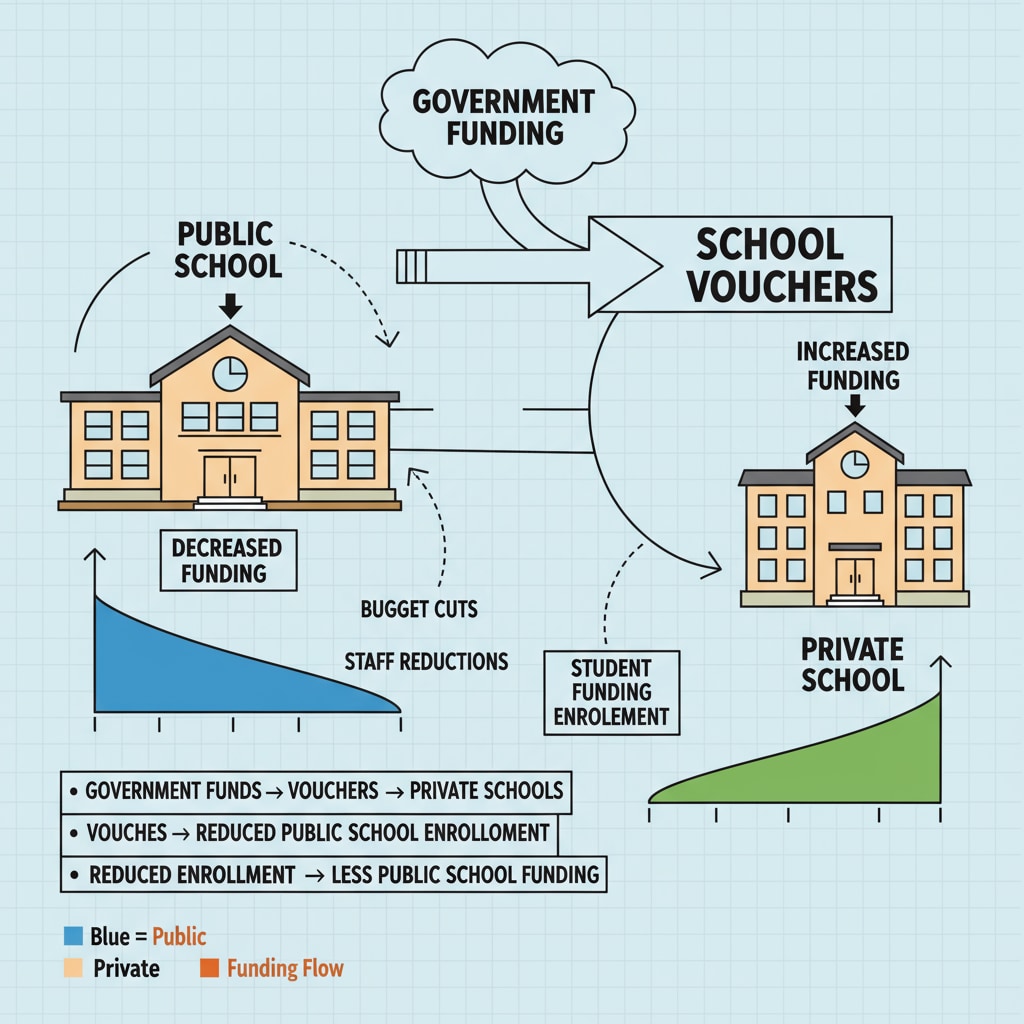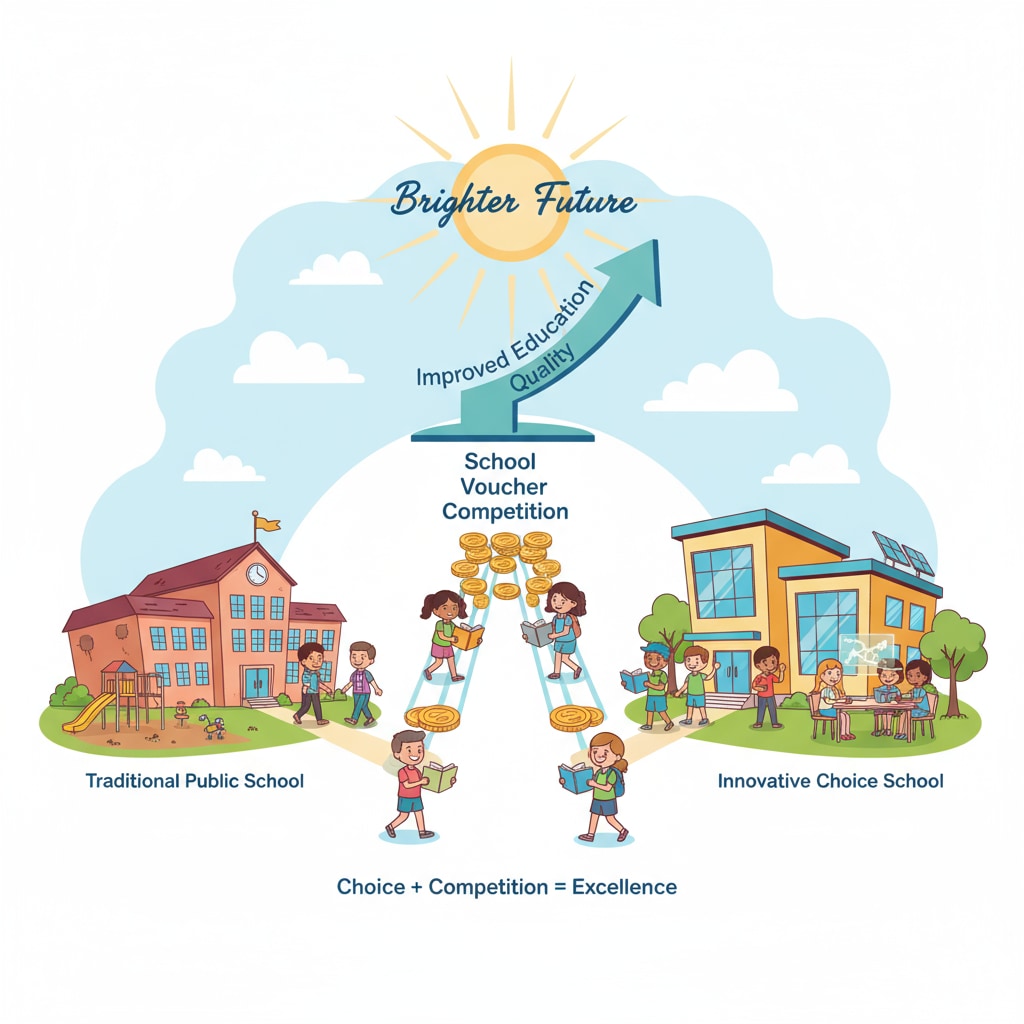The impact of school vouchers on public school funding has been a hotly debated topic in the realm of education policy. School vouchers, a form of government-issued funding that parents can use to send their children to a school of their choice, whether public or private, have the potential to significantly affect the financial landscape of public schools. This article will explore the different perspectives on this issue and what it might mean for the future of public education.

The Proponents’ View: A Catalyst for Quality Improvement
Supporters of the school voucher system argue that it introduces much-needed market competition into the education sector. When parents have the freedom to choose schools using vouchers, schools are incentivized to improve their quality to attract students. This competition, they believe, will lead to better educational outcomes. For example, schools may invest more in teacher training, upgrade facilities, and develop innovative teaching methods to stand out. As a result, public schools will be forced to up their game, and overall education quality will rise. According to EdChoice, voucher programs can drive educational innovation and give parents more power in deciding their children’s education.

The Opponents’ Concerns: Drain on Public Education Resources
On the other hand, opponents express serious concerns about the potential negative impact on public school funding. When students use vouchers to attend private schools, the funding that would have originally gone to public schools follows them. This could lead to a significant reduction in the budgets of public schools. As a consequence, public schools may face difficulties in maintaining their operations, such as hiring and retaining qualified teachers, providing necessary educational materials, and maintaining facilities. Critics worry that this could further exacerbate educational inequalities, as public schools in disadvantaged areas may be hit the hardest. The National Education Association has long opposed voucher programs due to these concerns.
The debate over school vouchers and their impact on public school funding is complex, with valid points on both sides. As we consider the implementation of such policies, it is crucial to carefully weigh the potential benefits against the possible drawbacks to ensure the continued success of public education.
Readability guidance: This article uses short paragraphs to present different viewpoints clearly. The two main sections provide a list of arguments from both proponents and opponents. The use of active voice is prioritized, and transition words like “on the other hand” and “as a result” are used to connect ideas smoothly.


